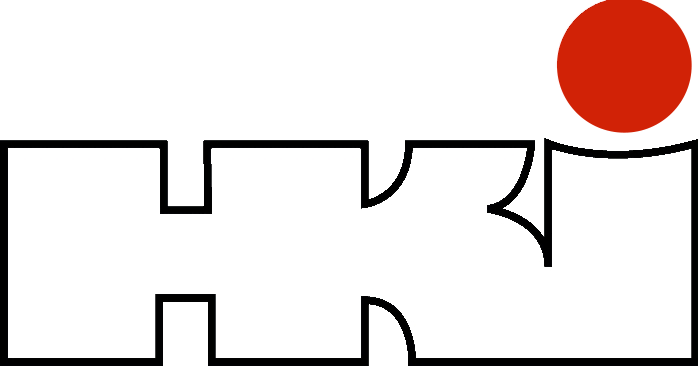Until now, it has been relatively difficult to make a qualified statement regarding the energy efficiency of commercial kitchen appliances, unless there was a marked difference. This is because the use of connected load values in this context does not reflect the expected energy consumption. For this reason, the member companies of the HKI Industrieverband Haus-, Heiz- und Küchentechnik e.V. developed the DIN 18873 series of standards in cooperation with other experts in the industry in the DIN Standards Committee for Heating, Cooking and Warming Appliances (FNH): Methods for measuring of the energy use from equipment for commercial kitchens. Through this, with a great deal of effort, measurement methods have been defined for around 20 appliance groups so far, making it possible for the first time to collect objective and reproducible results with regard to the energy consumption-relevant data of catering equipment. However, this can only be the first step. In the European single market, a German solution is insufficient, and the establishment would fail. It is therefore imperative to harmonise the national standards at the European level now. While the effort for the development of the German series of standards was already considerable, it is much greater for the transfer to the European level. The manufacturing industry for catering equipment, which consists almost exclusively of small and medium-sized companies, is in no position to bear all these costs on its own. Financial support from the official side is indispensable.
Nevertheless, the first findings have already been utilised. In order to increase transparency, the HKI has created an internet tool that makes the collected data available to all interested parties free of charge. The industry is currently busy filling the HKI CERT Commercial Kitchen Technology database.
You can find the database at: www.grosskuechen.cert.hki-online.de
Against this background, the regulation and labelling of catering equipment within the framework of the Ecodesign Directive is not considered to be expedient. Our industry is explicitly committed to the goal of increasing energy efficiency. Considerable efforts have already been made in this direction on a completely voluntary basis, but a one-dimensional evaluation scheme such as the energy label does not do justice to the complexity of catering equipment. It does not provide the data that a professional planner needs to assess the suitability of an appliance, not even in terms of expected energy consumption. The results published voluntarily in the HKI CERT Großküchentechnik clearly exceed the performance of the energy label and include all relevant data needed for planning. This is also the conclusion reached by Bio Deloitte, which prepared an expertise for the EU Commission on the necessity of regulating commercial coffee machines. This assessment does not recommend regulation. In the corresponding final report, explicit references are made to the said series of standards DIN 18873 and the HKI CERT Großküchentechnik in the explanatory memorandum.
Furthermore, the number of appliances in the commercial sector is only a fraction of those in the household sector. In addition, the number of variants of a product in the commercial sector is significantly higher. Many products are even customised solutions for the customer. The additional efford that would be required to test all product variants for an energy label with little practical relevance is simply not acceptable in view of the the small quantities involved.
For these reasons, we strongly advise against not introducing an energy label for commercial catering equipment. The information that is already available to the relevant group of people is much more comprehensive, usable and thus also more purposeful than an energy label.

